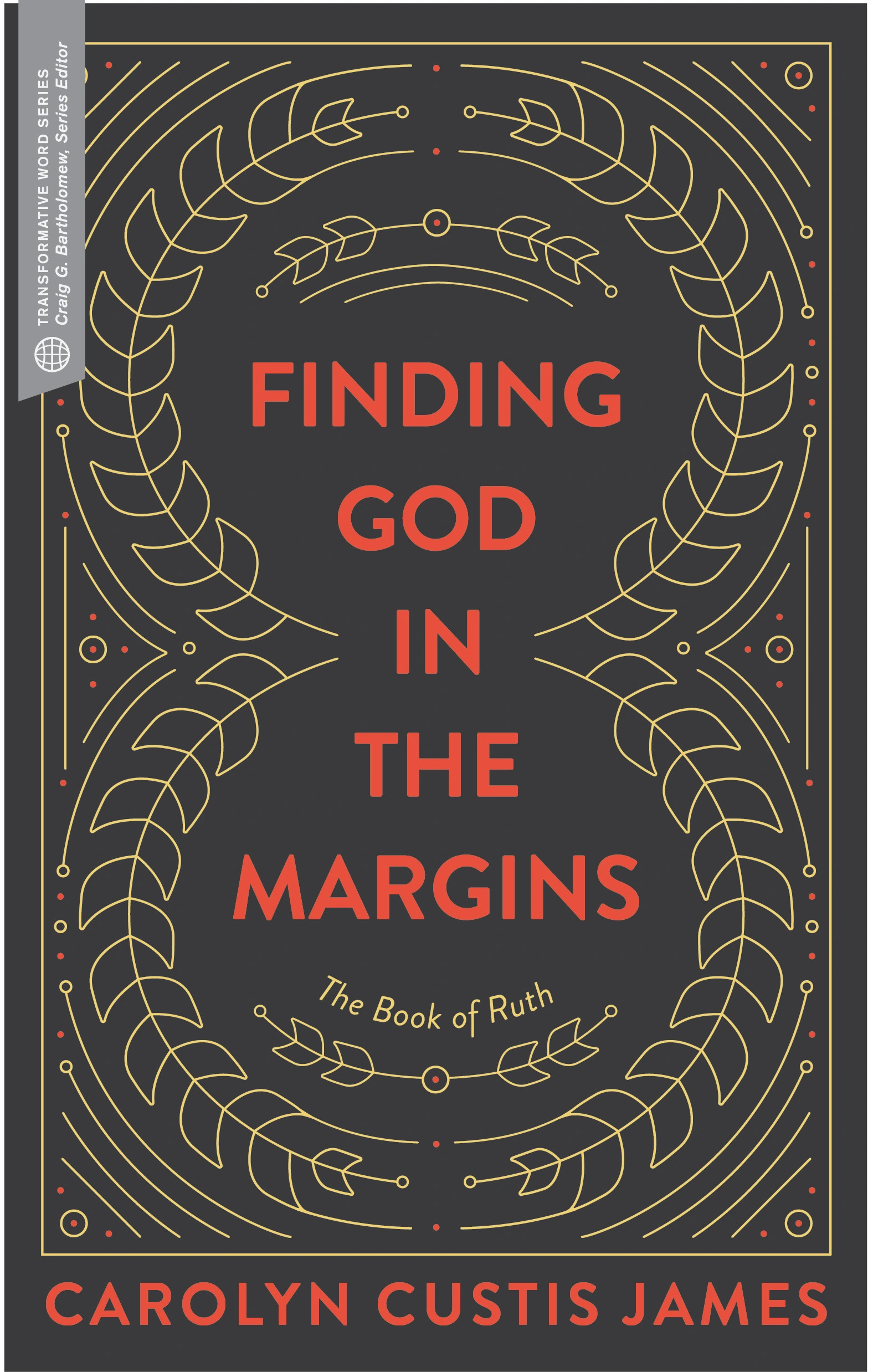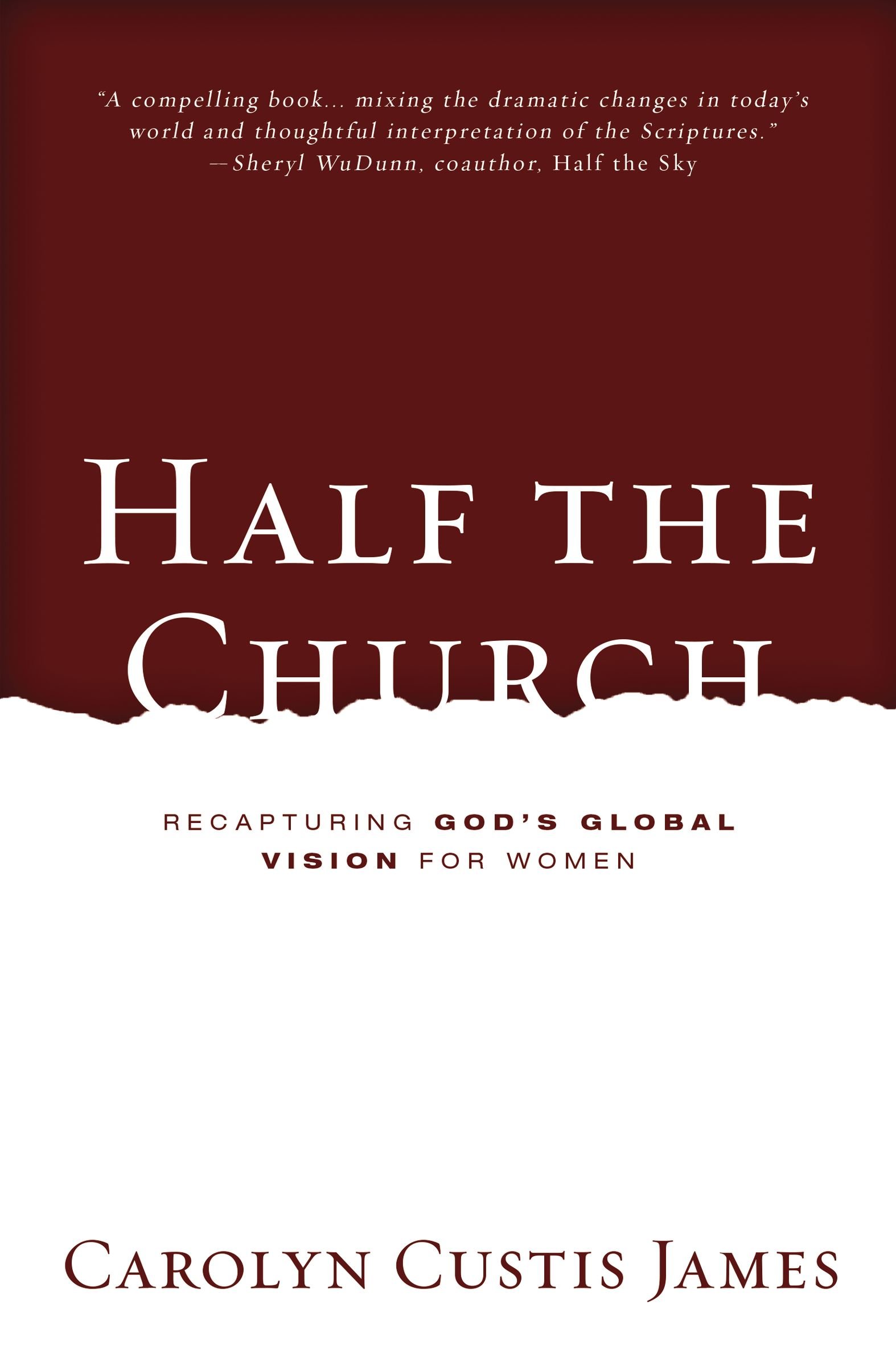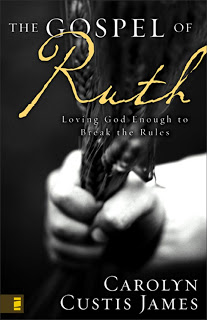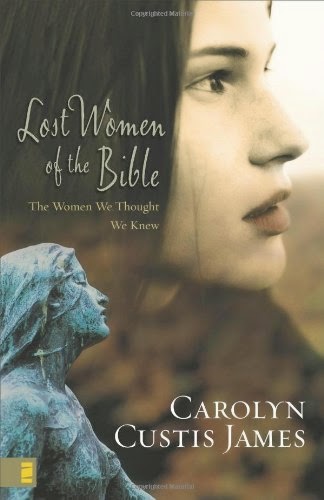If you’ve been following news reports surrounding the capsizing of the Costa Concordia off the coast of Italy and have ever been (or contemplated going) on a cruise, it’s hard to keep from thinking you could easily have been one of those terror-stricken passengers.
As divers resume their search for missing passengers, more details are surfacing to fill in the blanks of what actually happened. One of the many shocking accounts came in Rich Lowry’s National Review Online article, “Dude, Where’s my lifeboat?”, where he reports of women and children “being pushed aside by hysterical men as they tried to board lifeboats.”
Coincidentally, the book I’m reading is The Myth of Male Power in which author Warren Farrell is speaking up in defense of men. Not that he would approve those men who were pushing and shoving on the sinking cruise ship. But Farrell does assert (with some rather impressive endorsements) that cultural expectations of men as protectors, providers, and rescuers produce powerlessness, not power. He defines power as “having control over one’s life,” which he believes men forfeit with the obligation to protect women and society by going to war or giving up their seat in the lifeboat. He turns the current discussion of gender on its head when he observes that when it comes to power, “men are not at the tip of the pyramid, but at its base.”
Consider some of Farrell’s statements:
“Today, violence against women is rightly abhorred. But we call violence against men entertainment.”
“The message of religion for boys is that there really is no choice but to save.”
“We don’t call ‘male-killing’ sexism; we call it ‘glory.’ We don’t call the one million men who were killed or maimed in one battle in World War I (the Battle of the Somme) a holocaust, we call it ‘serving the country.’ We don’t call those who selected only men to die ‘murderers.’ We call them ‘voters.’ Our slogan for women is ‘A Woman’s Body, A Woman’s Choice’: our slogan for men is ‘A Man’s Gotta Do What a Man’s Gotta Do.'”
Is chivalry another sinking ship and should it sink? Are unreasonable and even unjust burdens placed on male shoulders when they’re expected to rescue, protect, and provide simply because they are male?
On the flip side, are these callings only for men except in unusual circumstances or do women also share these responsibilities? After reading Lowry’s article, a friend reflected on what happened on the Titanic, “I suspect there were women who would have given their place in the lifeboats to another if they had been allowed to do so.” How does the Blessed Alliance factor into this discussion? Don’t we have heroic stories of ezers like Esther and Deborah, Chai Ling and the Freedom Climbers who were willing to risk their lives for others? Are these women rare exceptions or role models for the rest of us?
So is it part of the job description for ezer-warriors to be looking out for others versus expecting others to take care of us?
















There seems to be a bit of a false dichotomy, especially in the comments on that “Dude, Where's My Lifeboat?” article.
A lot of commenters there seem to think the only two options are men die while women and children go first or only the strongest survive, so let's fight for it!
I think what makes more sense is that people politely queue up, and that there are exceptions made for some people (handicapped, extremely young, extremely old, infirm, pregnant, etc.).
It'd essentially be like the bus. On the bus, if I'm a guy, I don't have to give up my seat for a girl. (Sorry–I don't. Women are just as capable of standing as men are.) But the buses have mandated provisions for handicapped and older folks that others give up seats for them.
Even though it's pretty much even between men and women in terms of who gets a seat on the bus, I don't see people pushing their way past others to get a seat. If a man gets there first, fine. If a woman gets there first, also fine. I've even seen strangers of either major gender kindly offer their seats to other strangers of any gender.
Pushing/shoving v. giving deference always to females are not the only two choices.
LikeLike
I agree there aren't just two options, which is why I'm raising these questions in the first place. The option you introduce raises even more questions because in different cultures and eras, the ranking order of who gets preference and who makes a sacrifice will be different.
In China, for example, where boys are prized and girls are not and are actually being aborted, abandoned, or actually killed after birth, the lifeboat would be filled with men and boys.
The teachings of Jesus and Paul, seem to suggest that Christians—both male and female—would be first to stand up on the bus and heading to the back of the lifeboat queue.
LikeLike
I think that God calls us all to sacrifice. One example that comes to mind is when Jesus, from the Cross, indicates that the disciple John should now take care of his mother, Mary, and that Mary should look after the young disciple John. He is asking something of both of them so that they both will be cared for. I am sure there are unrecorded accounts of both men and women on the Titanic and the Costa Concordia who made heroic choices for the sake of others.
However, many of the men on the Titanic believed that it was honorable to care for women and children, even to the point of death. They perceived women and children as needing to be cared for and protected. Likewise, women were taught to stay with their children. There were only so many spaces on the lifeboats and keep in mind that everyone was making split-second decisions. They did not have the leisure to consider whether what they were doing was philosophically correct. Men were also taught to open doors for women, give them their seats on buses (when they were invented!), and so forth. I have to admit that I think there is something true in this behavior that has been lost. Men and women honor each other in different ways.
Finally, there is the matter of what people thought about death in 1912. Now many people believe that death is the worst thing that can happen to you. Then, there were things worse than death. They actually believed in God and the existence of the soul and immortality. This could be the real issue here. Once people on the Titanic realized that there were not enough lifeboats, there must have been some who said “I am going to die – let me have as much peace and courage as possible.”
LikeLike
I think this story is a direct reflection of our culture and the ways we've changed the role of women based on the notion that 'we can do it just as good or better' than a man. Everything from permitting women to serve on the front lines in battle to having women police and fire chiefs has been great for enabling a woman to express her patriotism or have a better career path but these policies and many others not only reflect the change in our culture's view of women but cement an erroneous idea that we are all exactly the same (which is not the same as being equal). We've made these changes assuming that it only affects the women in these particular situations without asking the question “What kind of society do we want to live in?” I was holding my 7 month old and fell down in the middle of the street in San Francisco yesterday. There were only a couple men around and it was clear they were concerned (they eventually asked if I was ok) and wanted to help but were held back…by what? Chivalry IS a sinking ship but I hope that in my lifetime it will be restored.
LikeLike
Wow. I am going to read the book that you mention in this blog excerpt about the recent Italian cruise ship disaster. I have been reading all sorts of stuff in the same vein recently because of a real burden for how we see men in our work of advocating for women. I've also just recently watched the movie, “The Evolution of Dad” which I recommend highly. Thanks Carolyn for your consistent balance! My heart aches every day as I see the polarization between men and women in and out of the church and the brokenness that we all carry that so needs mending and healing.
LikeLike